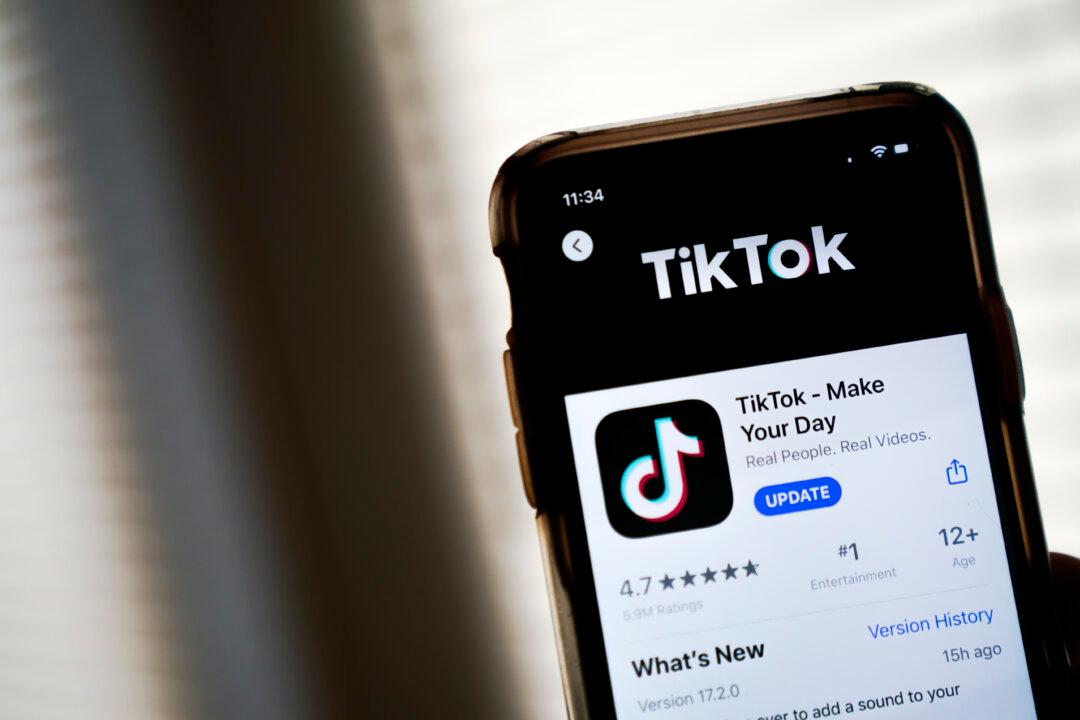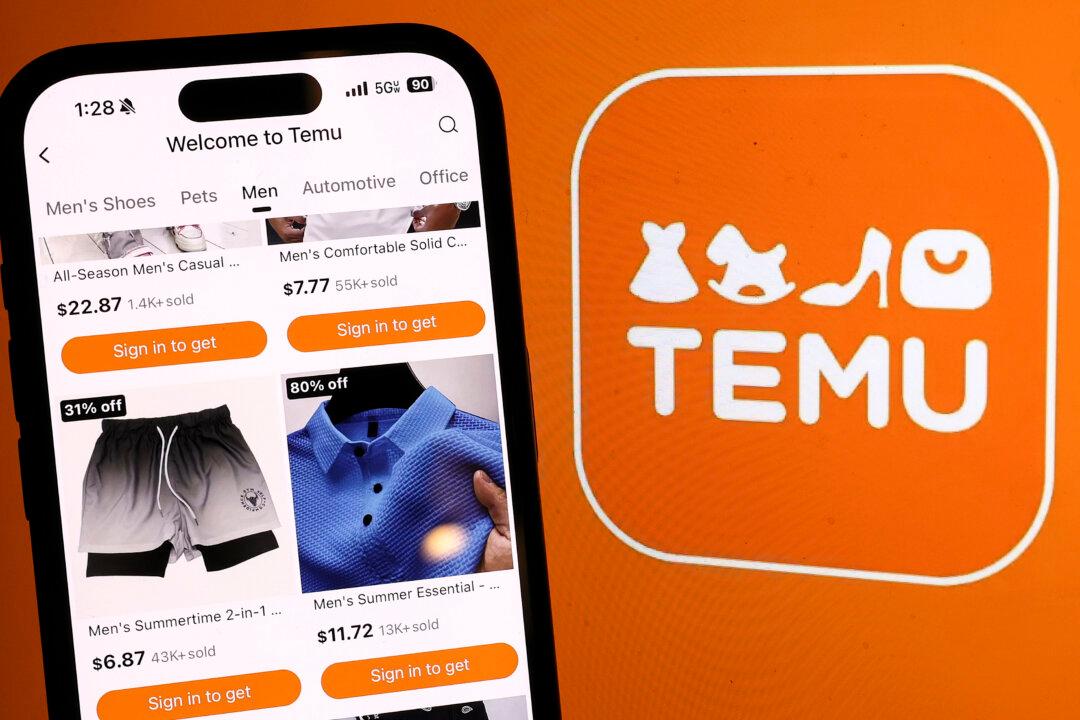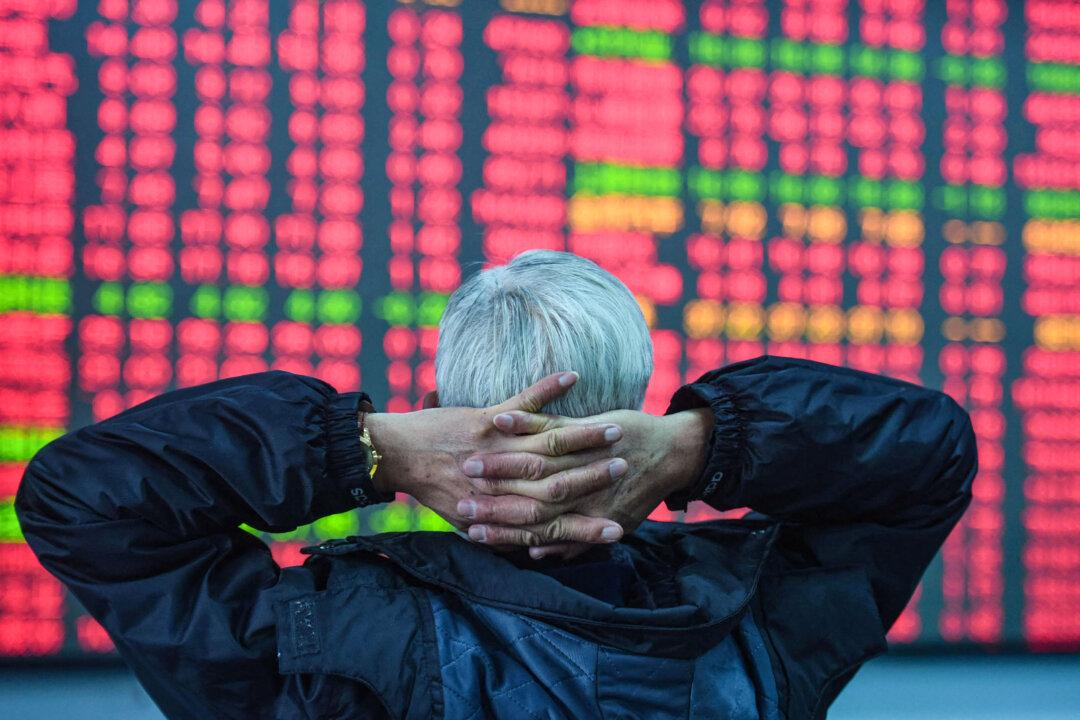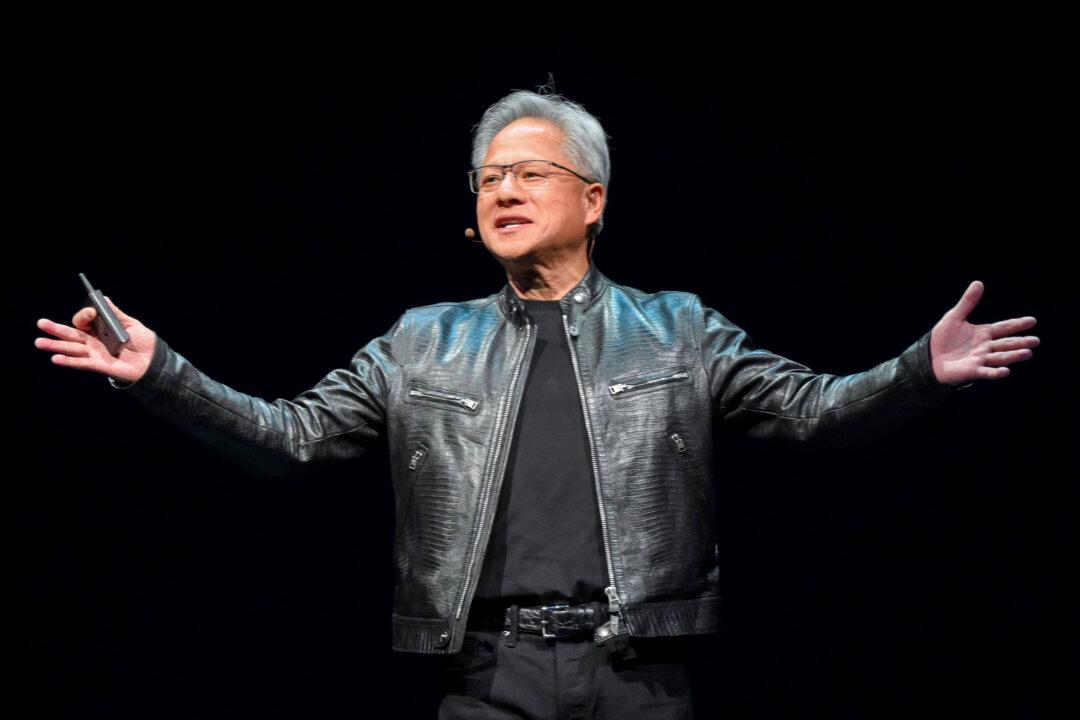TikTok, the tech company at the center of a U.S.–China tug-of-war, is facing a possible total shutdown in the United States as Washington turns to legislation to address the national security risk associated with the popular app.
On April 23, the U.S. Senate passed a $95 billion foreign aid package that includes a mandate for TikTok’s Chinese parent company, ByteDance, to sell its stake in TikTok within a year or face a complete ban. President Joe Biden subsequently signed the bill into law.
Chinese Foreign Ministry spokesperson Lin Jian, speaking in Beijing on Monday, urged the United States not to implement the “China-related” portion of the legislation, warning, “If the United States clings obstinately to its course, China will take resolute and forceful steps to firmly defend its own security and development interests.”
It is a rare instance of Congress targeting a technology company with specific legislation. It’s the first time that Congress has voted for the forced sale of a social media platform.




